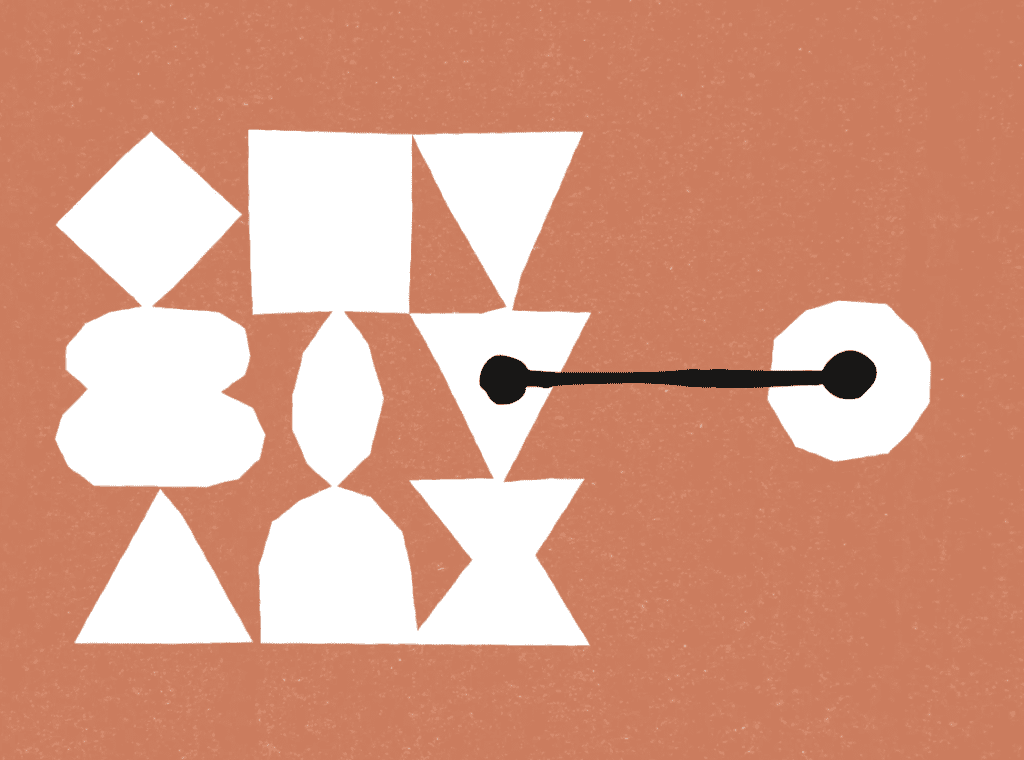Anthropic Launches Open-Source Model Context Protocol: A New Era for AI-Data Integration
Anthropic has taken a significant leap in the AI landscape by open-sourcing the Model Context Protocol (MCP), an initiative aimed at revolutionizing how artificial intelligence systems interact with real-world data. This universal standard enables a seamless integration of AI with diverse data sources, paving the way for smarter and more context-aware AI responses, ultimately enhancing the effectiveness and accessibility of these technologies.
As impressive as AI’s reasoning skills and response accuracy have become, even the most advanced models often falter when separated from real-world data. Traditional methods of connecting AI systems with various data repositories typically involve cumbersome, bespoke implementations. This not only slows down the process but also hampers scalability and efficiency. Anthropic recognized this challenge and introduced MCP as a streamlined protocol to replace the inconsistent, fragmented integration methods currently used. The result is a more reliable mechanism allowing AI systems quicker and easier access to vital data.
A Closer Look at MCP
The MCP framework is designed with developers in mind, providing comprehensive tools to establish secure two-way connections between data repositories and AI applications. Its architecture is both flexible and straightforward: data sources can be connected via MCP servers, while AI applications—identified as MCP clients—tap into this data effortlessly.
To aid in the adoption of MCP, Anthropic has rolled out three key components:
-
MCP Specification and SDKs: These resources deliver detailed implementation guidelines and software development kits to get developers started.
-
Local MCP Server Support: Integrated within Claude Desktop apps, this feature allows developers to experiment with local MCP server configurations, providing a hands-on approach to implementation.
- Open-Source Repository: Anthropic has made available pre-built MCP servers that work with popular systems like Google Drive, Slack, GitHub, and Postgres, thus making it easier for organizations to pair their data with AI tools.
Several innovative organizations have already begun to leverage the MCP framework. Notable examples include Block and Apollo, which have seamlessly integrated the protocol into their systems. Development tool providers such as Zed, Replit, Codeium, and Sourcegraph are also utilizing MCP to enhance their offerings. These collaborations highlight MCP’s potential to imbue AI tools with greater context-awareness, particularly in complex environments such as coding. By allowing AI agents to access relevant data and interpret contextual subtleties, MCP helps developers produce more functional and efficient code with fewer revisions.
Driving Innovation Through Open Technology
The excitement surrounding MCP is palpable among its early adopters. Dhanji R. Prasanna, Chief Technology Officer at Block, stressed the significance of open technologies like MCP in stimulating innovation and collaboration. He noted, “Open technologies like the Model Context Protocol are bridges that connect AI to real-world applications, ensuring innovation is accessible, transparent, and rooted in collaboration.”
MCP’s open standard means developers no longer have to maintain separate connectors for each data source. Instead, they can develop against a universal protocol, simplifying the landscape and fostering sustainability. As the MCP ecosystem expands, AI systems will retain context across diverse datasets and tools, helping to eliminate the fragmentation that currently complicates integrations.
Getting Started with MCP
Developers eager to dive into MCP can explore multiple avenues:
- Install pre-built MCP servers using the Claude Desktop app.
- Follow the quickstart guide to set up their first MCP server.
- Contribute to the open-source repositories dedicated to connectors and implementations.
Anthropic’s choice to open-source MCP underscores its commitment to building an inclusive and collaborative ecosystem. The company invites AI developers, enterprises, and innovators alike to help shape the future of context-aware AI. By working on a shared foundation, MCP aims to establish a robust network of tools and protocols that empower AI applications to smoothly interact with the necessary systems and data.
Conclusion
In summary, Anthropic’s decision to open-source the Model Context Protocol marks a pivotal shift in how AI systems can engage with data. By addressing critical integration challenges through a universal standard, MCP has the potential to transform AI applications across multiple sectors. Its future success will rely on ongoing collaboration, innovation, and active community involvement, but the groundwork laid by Anthropic positions MCP as a cornerstone for the next generation of AI technologies.
The AI Buzz Hub team is excited to see where these breakthroughs take us. Want to stay in the loop on all things AI? Subscribe to our newsletter or share this article with your fellow enthusiasts.




